GLAM4GOOD DISPATCH FROM MANILA: BY LIZ COOKE AND ANNELISE ORLECK

I am completely at a loss for words to describe the experience of visiting the slums of Manila. Part of me just wants the pictures to do the talking, but that would be far too easy. No picture can capture the sheer magnitude of suffering nor the incredible strength and resiliency of the people who call these places home.
I came to Manila with my childhood friend, Annelise Orleck, who is writing a book about the global fight for a living wage. We’ve been traveling Manila interviewing fast food workers, domestic workers, hotel housekeepers, members of NGO’s and labor organizers – all fighting for dignity, safety and equality for their people. We’ve travelled on gas powered bicycles and creaky, diesel-spewing “jeepneys.” We’ve seen a lot and learned a lot. We have tried to be fair and unbiased. And we have tried to reconcile our own lives with those of the people we have been meeting.
My Thanksgiving message to your reader is that strength, courage and resiliency are everywhere.

Despite all of the courage and resilience we have encountered, the slums of Manila, inhabited by between 4 and 6 million people, staggered us. We saw countless families – seniors, middle-aged women and men, teenagers, small children – who make their homes on vast, smoking expanses of refuse. Many of these people scavenge for a living, collecting garbage and reselling, gathering discarded food and recooking it. They call this Pag Pag and it is what they have to do to sustain their families. Bare-chested and bare-footed, as if they were in pristine wilderness instead of the stinking city center, young men turn abandoned refrigerators and scraps of construction metal into boats that they use to gather, clean and resell the cans and bottles that clog the Pasig river. Young girls carefully chop wild greens gathered from the trash by the river to garnish the food thrown away by someone affluent enough to waste.
I am left with a sense of human dignity and generosity that broke through the haze of burning trash. People smiled and welcomed us to their community. One boatman proudly showed his technique, deftly wielding his pole to navigate the river. Children high-fived us and one boy, overcome by the sight of a mother sitting beside her teenage daughter’s coffin, laid his head on my arm as he gazed sadly.
Everywhere we went we saw people hard at work: shouldering huge bags of trash, rebuilding scavenged machinery, peeling and bagging garlic cloves, chopping and frying pork cracklings which women will sell from rented carts in wealthier parts of town. This was a reminder of something I have learned again and again – that poor people work harder than most everyone else I know. The people in Hapilan and other Manila slums pay higher rates for unimaginably rotted housing, impure water and unreliable electricity. They are gouged by funeral directors, by medical professionals and by politicians for services that really, if we had any decency, ought to be free.
I am left this Thanksgiving with a keener awareness of all that I have to be grateful for – a gift given me this year by the people I have met during my research here. So, I give thanks for the fast food workers and hotel housekeepers who have fasted to remind us of just how much we have. I am grateful to the residents of Hapilan, who greeted me with clear eyes and a cheerful English “Good morning” for reminding me that the human spirit is powerfully resilient.
Liz Cooke is a photographer and social worker living in Rhinebeck NY. Annelise Orleck is an author, social commentator and Professor of History at Dartmouth College.

 DONATE
DONATE





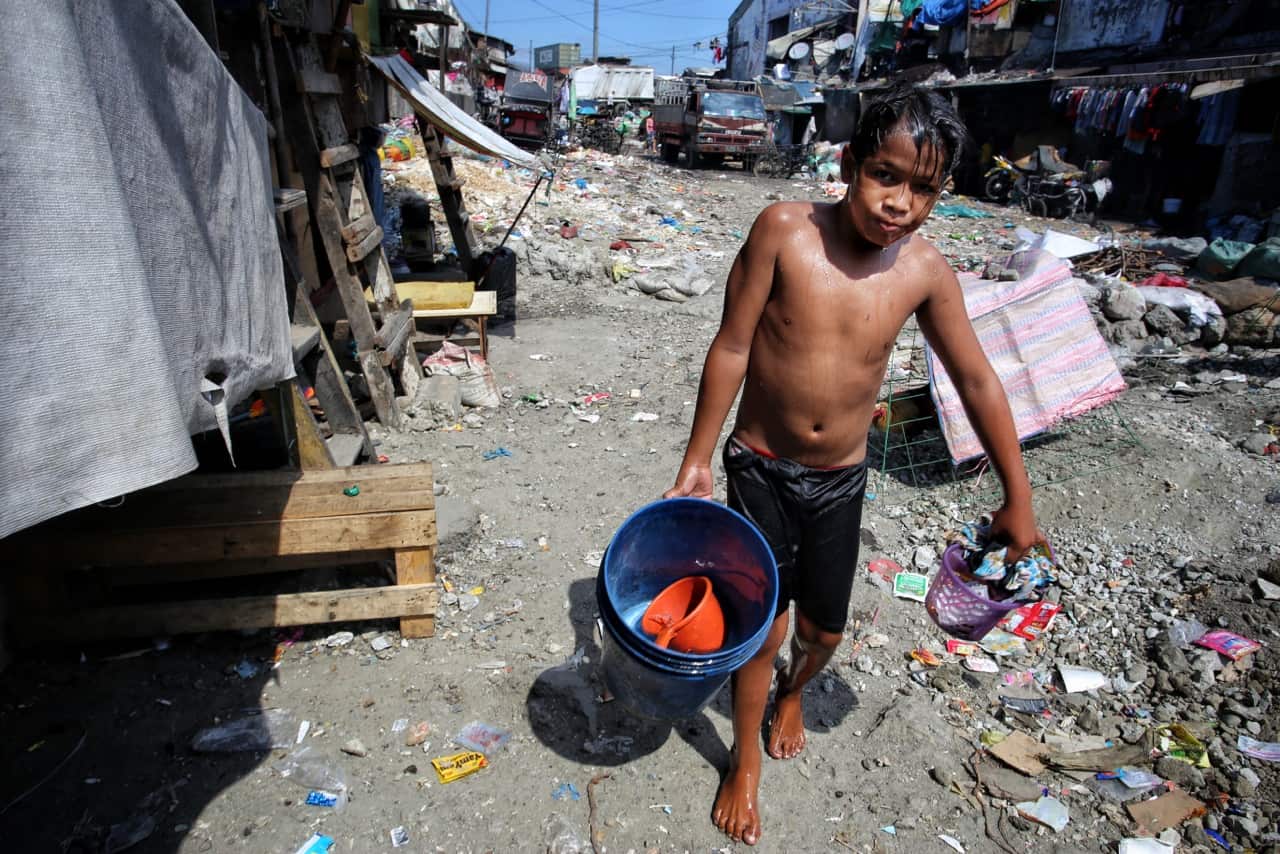
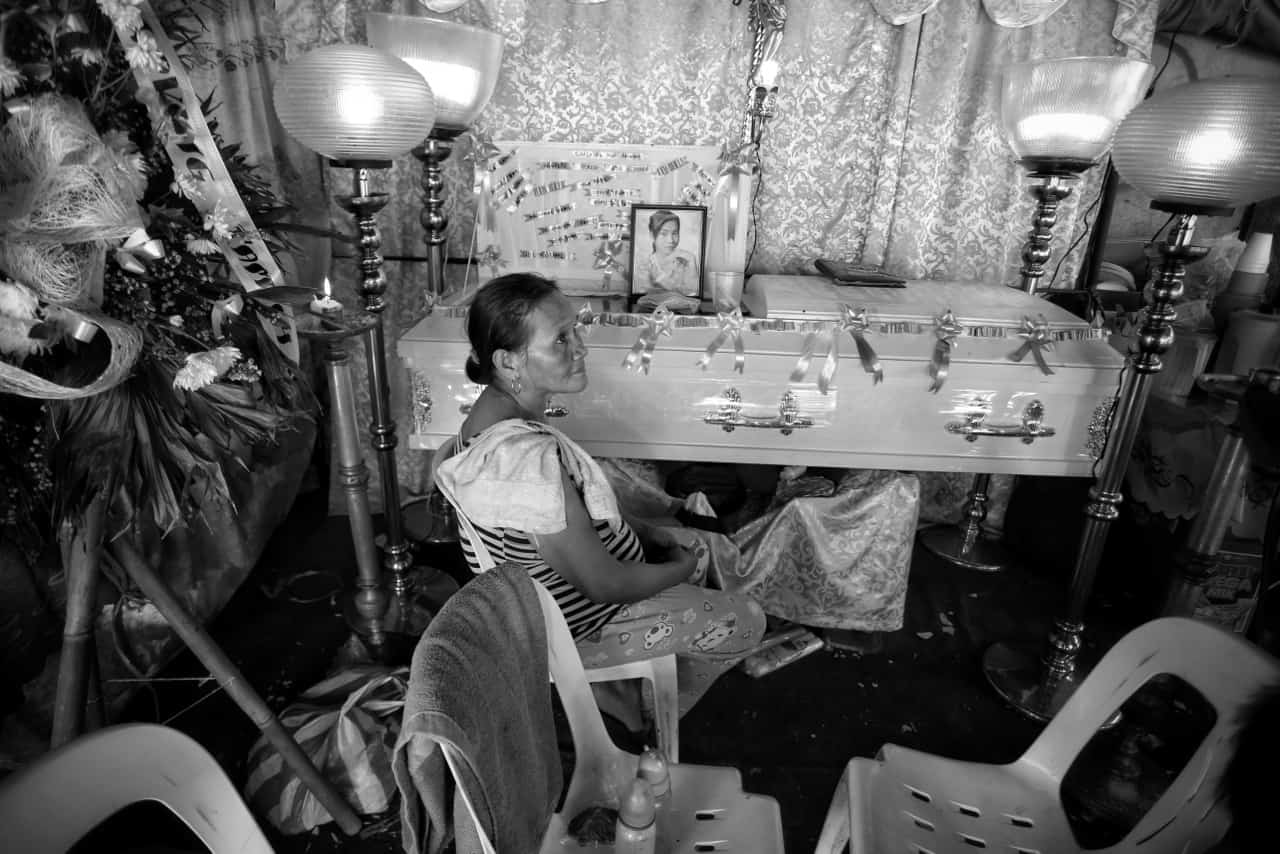
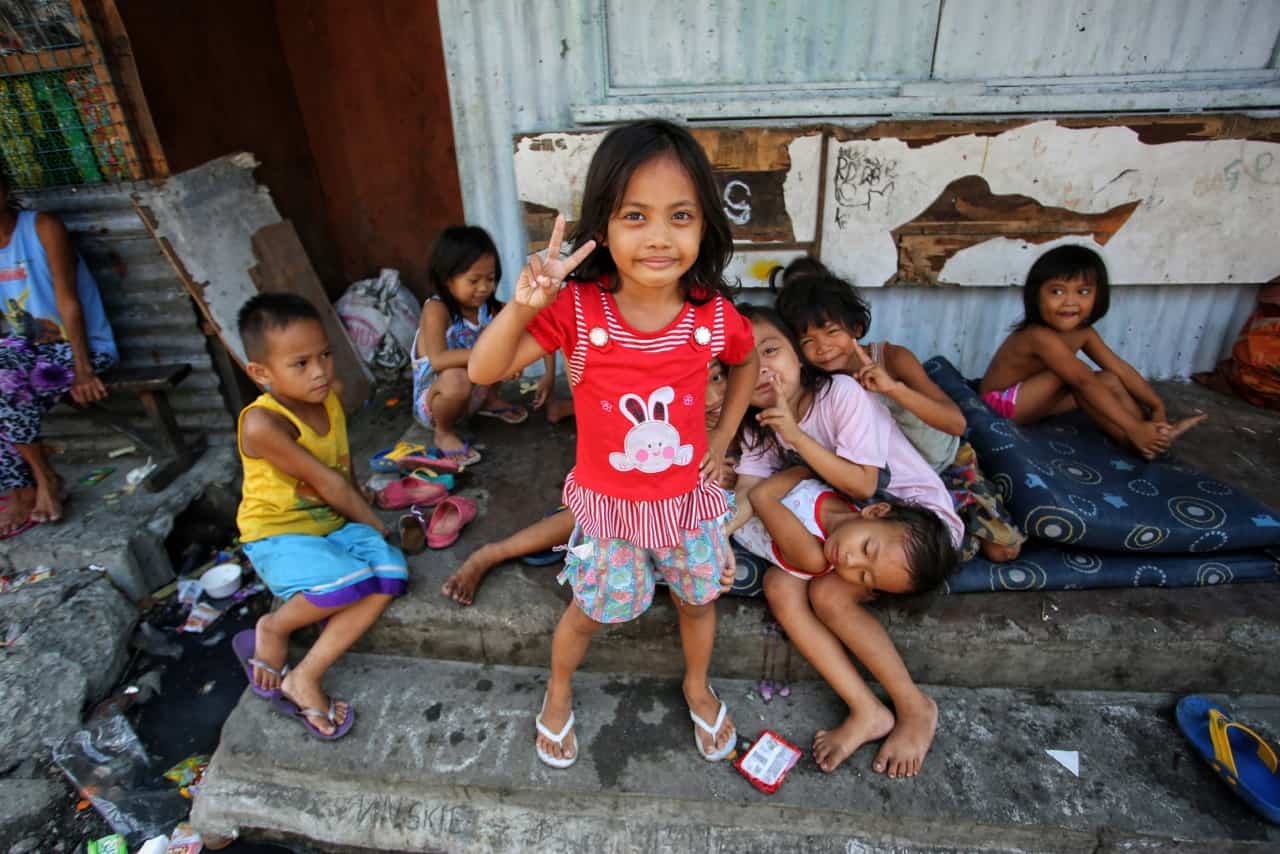
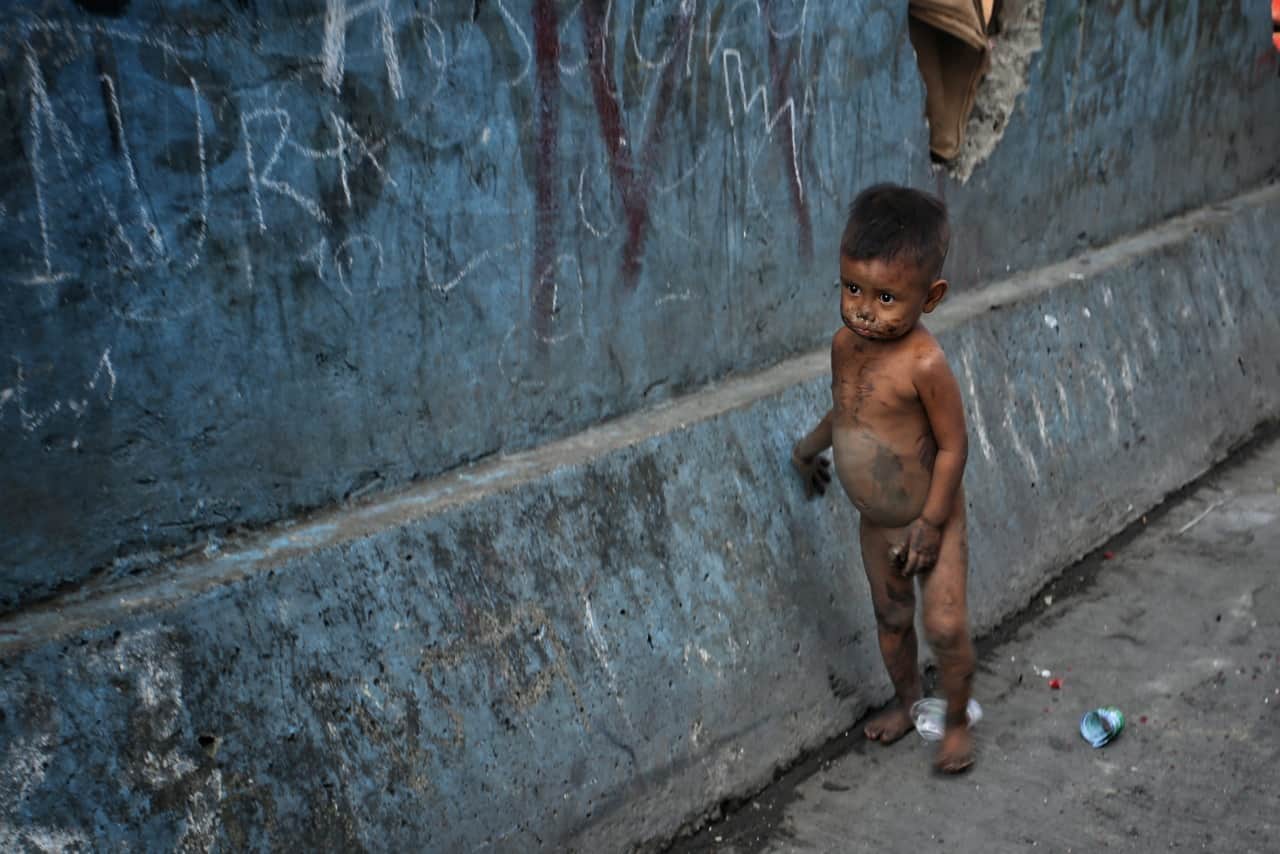



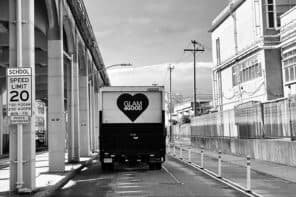
I’m a resident in the area mentioned. It’s actually called “Happy Land.” Thank you for this kind article.